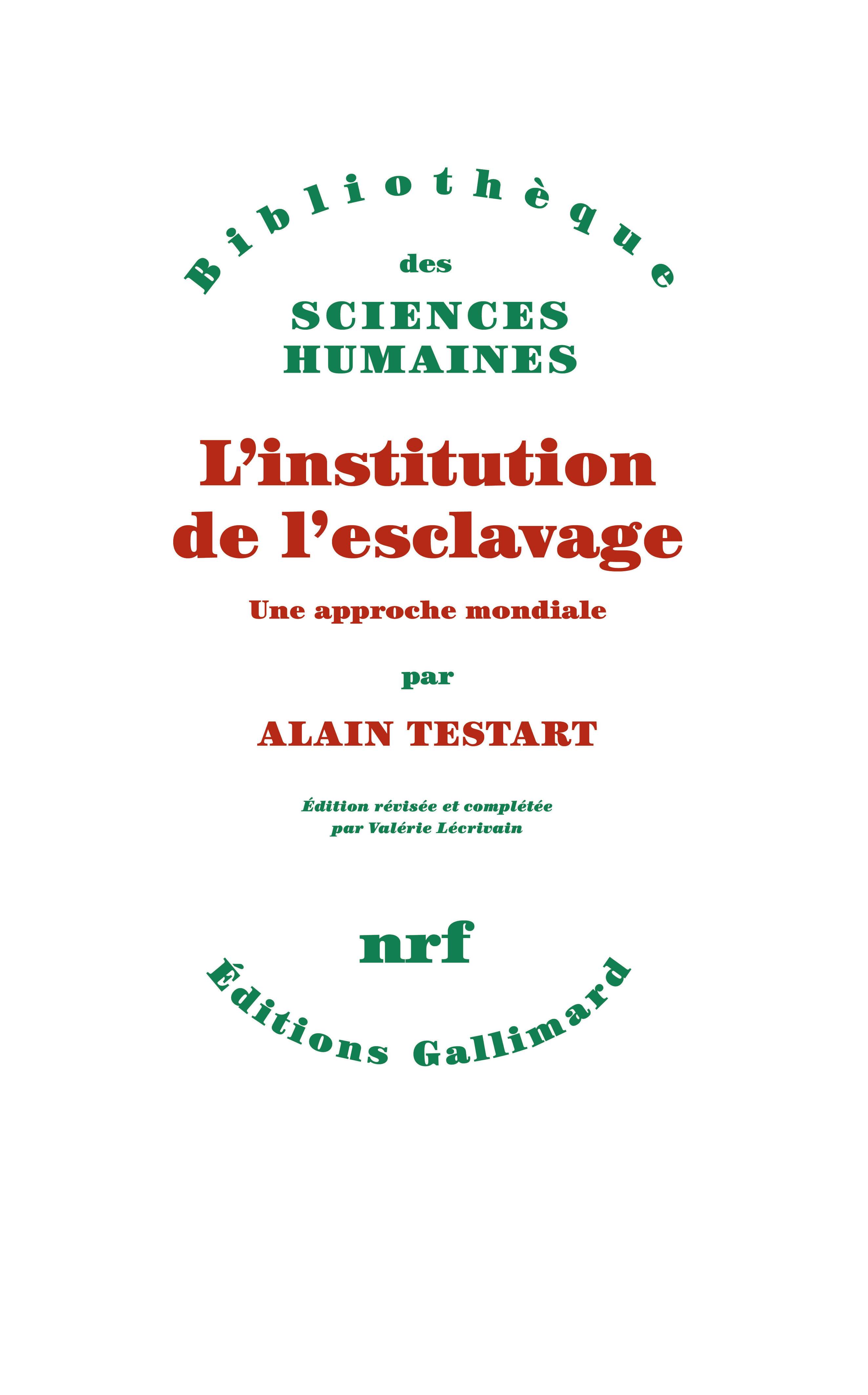
The definition of slavery has always been imprecise and the meaning depended largely on time and place.
In any case, the slave remained an outsider: excluded from the polity in antiquity,
excluded from kinship in lineage-based societies, excluded as subject in monarchies.
It is the exclusion from one of the social relations deemed fundamental by the society
which distinguishes slavery from other kinds of dependence and bondage.
Underlying slavery, then, is the question of power.
For the author, there is a direct link between slavery and the emergence of the State
which claims a monopoly of rights over slaves, rights relating to competing power of all sorts, economic or not.
From this emerge the well-documented findings that it is in the less centralized and less hierarchical societies
—in principle the less oppressive ones— that the worst condition for the slave is found.
And the reverse holds true: in the most authoritarian and despotic societies the condition of the slave appears the least oppressive.
Alain Testart is one of the few anthropologists with such extensive insights at comparing societies.
This new edition, produced by his collaborator Valérie Lécrivain,
includes a previously unpublished article which serves to elucidate the author’s theses.
She makes this fifteen-year-old book into one suited to contemporary knowledge and sensibilities.
Concerning this theme of slavery, you can also refer to :
Testart, A. 2002
The Extent and Significance of Debt Slavery. Revue Française de Sociologie 43, Supplément :
173-204 [translation of "Importance et signification de l'esclavage pour dettes", published in 2000 in this journal]. |

